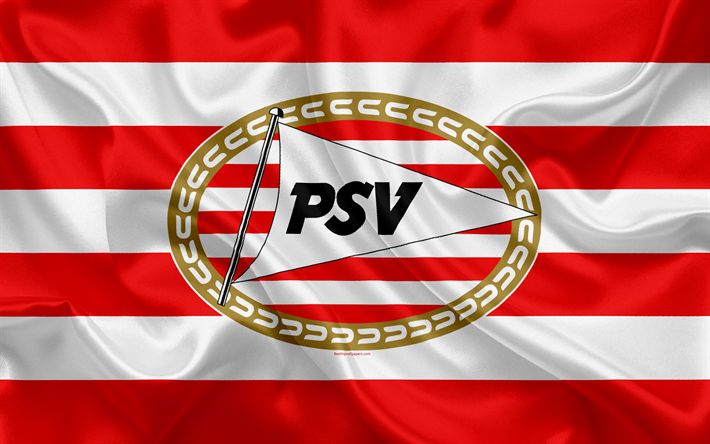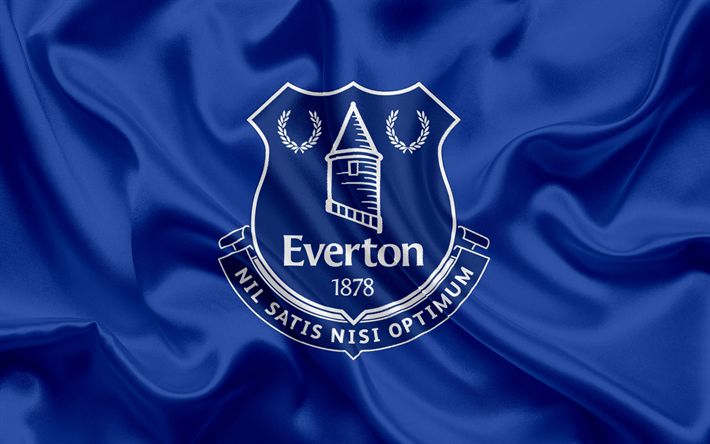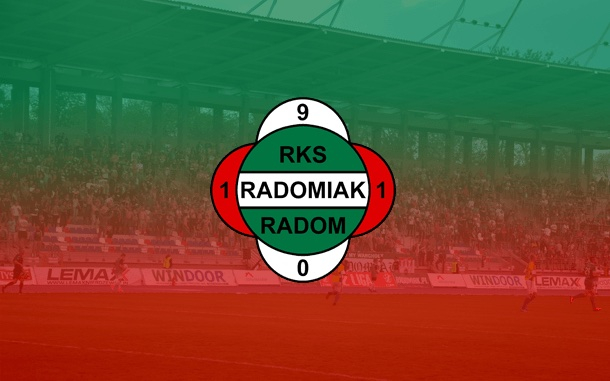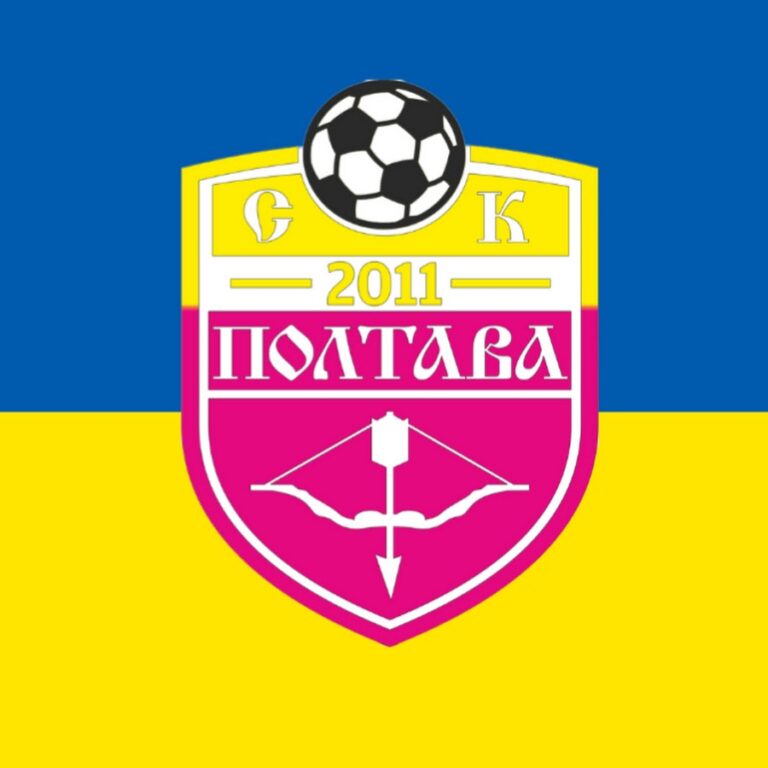
PSV Eindhoven, one of the most illustrious football clubs in the Netherlands, has built a legacy of excellence through decades of success, thrilling performances, and world-class talent development. Known for their iconic red and white stripes, PSV has not only dominated Dutch football but also earned respect across Europe with memorable runs and legendary players.
Read more at: https://hm886.com/
The Birth of a Giant
Founded in 1913 as a team for employees of the Philips electronics company, Philips Sport Vereniging (PSV) quickly established itself as a serious force in Dutch football. Based in Eindhoven, a city in the southern part of the Netherlands, the club grew steadily and made its top-tier debut in the early 1920s.
Over the decades, PSV has maintained a reputation for discipline, development, and determination—values rooted in its industrial origins.
Domestic Dominance: Eredivisie and KNVB Success
PSV is one of the “Big Three” in Dutch football, alongside Ajax and Feyenoord. As of 2024, the club has won the Eredivisie title 25 times, solidifying their place among the most successful clubs in the Netherlands.
Their first league title came in 1929, and their dominance especially rose from the 1970s onwards. Under legendary coaches like Kees Rijvers, Guus Hiddink, and later Phillip Cocu, PSV became a consistent title contender.
In addition to league glory, PSV has won the KNVB Cup (Dutch Cup) 11 times and claimed the Johan Cruyff Shield (Dutch Super Cup) 14 times, showing their consistency in all domestic competitions.
European Triumph: The 1988 Glory
The pinnacle of PSV’s international success came in 1988, when they lifted the European Cup (now the UEFA Champions League). Coached by Guus Hiddink and featuring stars like Ronald Koeman, Eric Gerets, and Hans van Breukelen, PSV beat Benfica in the final after a dramatic penalty shootout.
That same year, they completed a historic continental treble by also winning the Eredivisie and the KNVB Cup, placing them in the elite club of treble-winners in European football history.
A Cradle of Talent
PSV is world-renowned for its youth development and for launching the careers of some of football’s biggest names. The club has been home to players like:
- Romário – The Brazilian striker dazzled fans in the late ’80s before becoming a global superstar.
- Ronaldo Nazário – Another Brazilian icon, Ronaldo lit up Dutch football in the 1994–95 season.
- Arjen Robben – Developed at PSV before becoming a world-class winger at Chelsea, Real Madrid, and Bayern Munich.
- Ruud van Nistelrooy – Star striker who moved from PSV to Manchester United and Real Madrid, later returning as a coach.
PSV continues to invest in its academy and scouting network, keeping the pipeline of talent strong and future-ready.
Total Goals and Records
Throughout their Eredivisie history, PSV has scored over 5,500 league goals, with many iconic seasons featuring attacking dominance. The club consistently finishes among the league’s top scorers thanks to their aggressive, high-pressing style and talented forwards.
In Europe, they’ve netted over 300 goals in UEFA competitions, showcasing their ability to compete on the continental stage.
Their Philips Stadion, with a capacity of over 35,000, remains a fortress, famous for its electric atmosphere and loyal fanbase.
The Modern PSV Era
In recent years, PSV has remained highly competitive in both domestic and European competitions. With smart signings, youth promotion, and solid tactical leadership, they continue to challenge Ajax and Feyenoord for the Dutch crown.
The club has also maintained regular appearances in the UEFA Champions League and Europa League, often making deep runs and upsetting larger European sides.
Final Thoughts
PSV Eindhoven isn’t just a football club—it’s a symbol of resilience, pride, and footballing excellence in the Netherlands. With a cabinet full of trophies, a pipeline of rising stars, and an unshakable identity, PSV’s legacy shines just as brightly today as it did in 1988.
From Philips factory roots to continental champions, PSV Eindhoven remains the true pride of the South—and one of Europe’s great football institutions.



